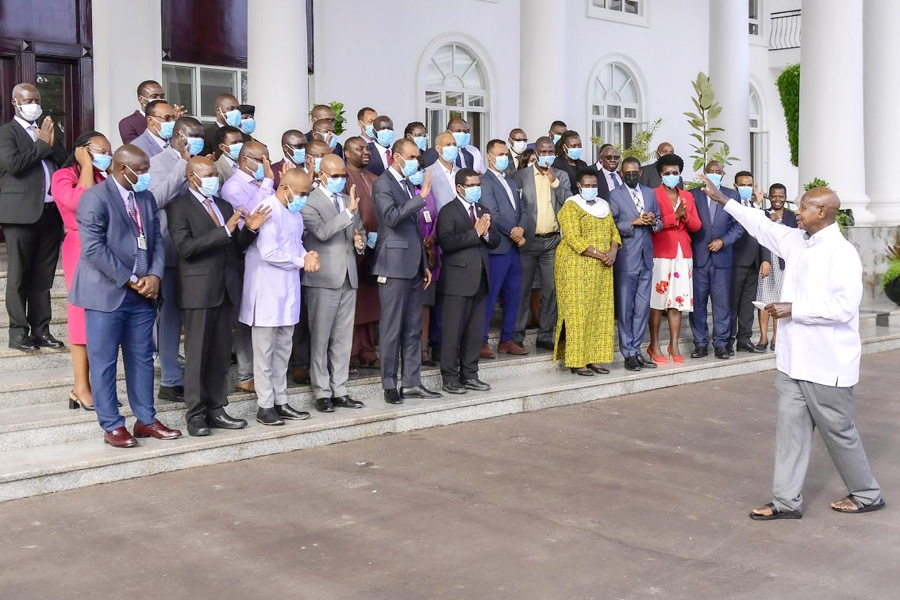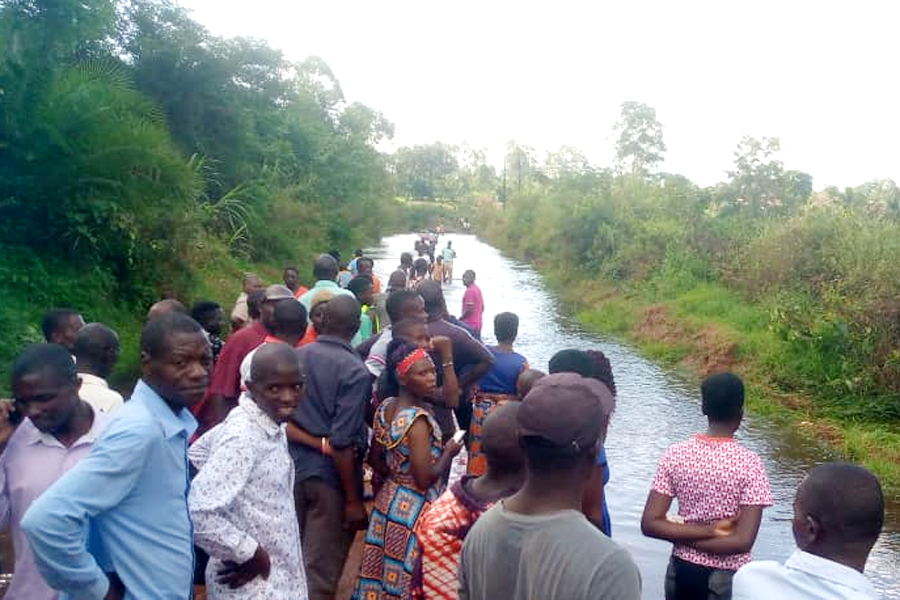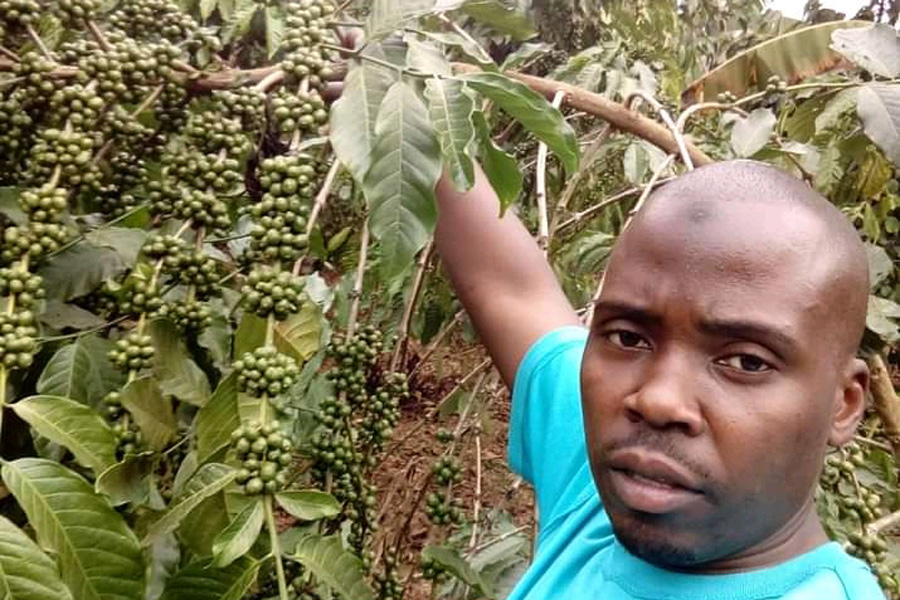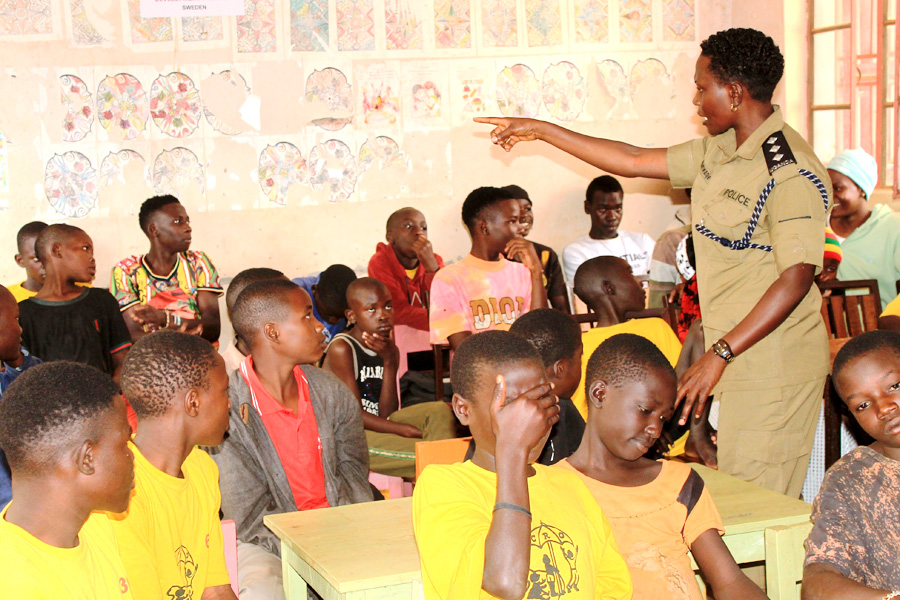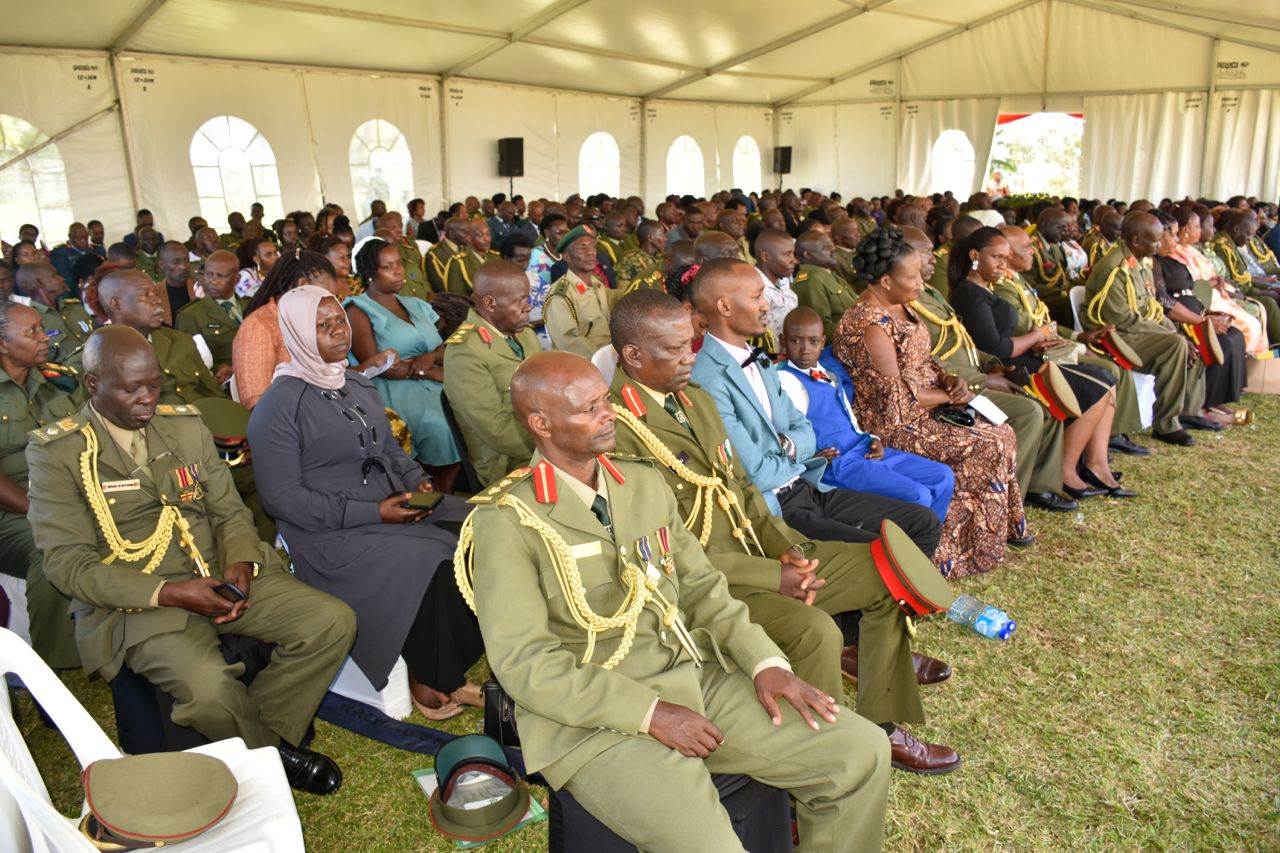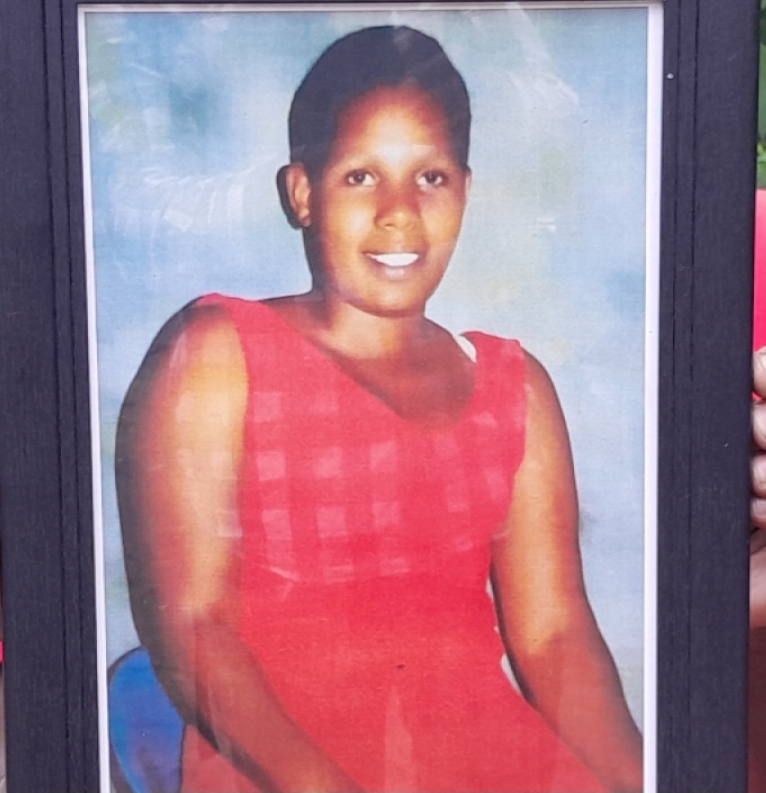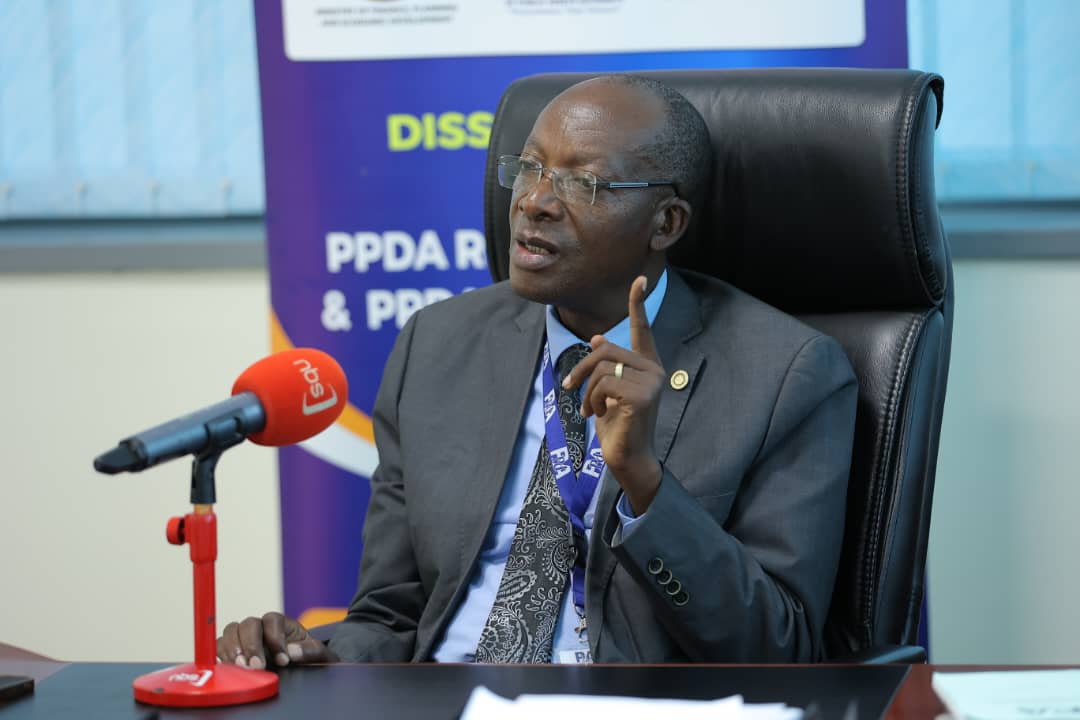Health experts concerned over rise in multi-drug resistant tuberculosis cases
Health experts have expressed concerns about the current rise in Multi-Drug Resistant Tuberculosis (MDRTB) infections in the country.
According to data from the the Ministry of Health (MOH), about 1500 people in Uganda are estimated to get MDRTB every year, with the ministry’s current approach only being able to detect 500.
Keep Reading
According to the director, Public Health at Ministry of Health Dr. Daniel Kyabayinze, the current rise in MDRTB infections is putting the country in a grave situation.
 Director of Public Health at the Ministry of Health, Dr. Daniel Kyabayinze
Director of Public Health at the Ministry of Health, Dr. Daniel Kyabayinze
“So, we need to improve out case detection and case notification so that we are able to bridge the gap between the number of people who are actually infected and the number pf people who actually come out to hospitals for treatment,” Kyabayinze said.
Furthermore, he noted that the ministry is moving away from treating TB with injectables to now using oral pills. He says, this will help to ensure that people stick to the regulations and treatment guidelines.
Despite the challenges, Kyabayinze highlighted that the ministry has been able to register successes in treating and diagnosing TB in the country.
He noted that in terms of TB treatment success rate, they have been able to move from 60% up to almost 85% success rate.
“We are able to now treat people and out of every 100 people who get sick with multi-drug resistant, 80% have been cured. Meaning, we are reducing the number of people who are dying due to TB and that can only happen if we quickly detect the disease and we are able to appropriately make the diagnosis.” Kyabayinze said.
He applauded the US through USAID for committing $17.6 million fund to respond to the TB control program in Uganda.
Kyabayinze added that government has introduced new innovations to map where people who are sick are. “We are able to review the moralities, knowing if you died, why did you die, we are able to do root cause analysis to identify the gaps.”
Dr Raymond Byaruhanga, a senior technical advisor at the National Control TB and Leprosy Programme at the Ministry of Health, said they have instituted a drug resistant survey which will look at the burden of MDRTB in the country.
The one-year survey is due to start in July-August 2022 during which he says the ministry shall be able to know the gravity of the problem of MDRTB.
“And then we can be able to target more clearly with technologies and the services that we have,” he said.
Byaruhanga further noted that they are increasing TB diagnostic network in the country.
“We are continuing to get more information on the guidelines and guidance from WHO and we are getting guidelines everyday to be able to make sure that we manage MDRTB even much better.” he noted.
Dr. Abel Nkolo, the head of the defeat TB program in Uganda, attributes the increase in TB mortalities to core-morbidities that some patients have.
“These are very sick patients who can die from anything either from the disease itself or comorbidities like HIV, anemia, hypertension, or renal disease,” he said.
Meanwhile, Dr Mary Nabukenya, the project director for USAID Local Partner Health Services TB Activity which is the US flagship project to the Ministry of Health to respond to the TB control in Uganda explained that the $17.6 million fund by USAID will be extended to districts of Kampala, Wakiso and Mukono and also seven regional refferal hospitals that manage MDRTB.
The project which she said was awarded in October last year, will also provide technical assistance to the rest of partners in regards to TB control in Uganda.
“It is managed by Infectious Diseases Institute in consortium with The AIDS Support Organization (TASO) as the partner that will be leading on the community engagements,” Nabukenya said.


